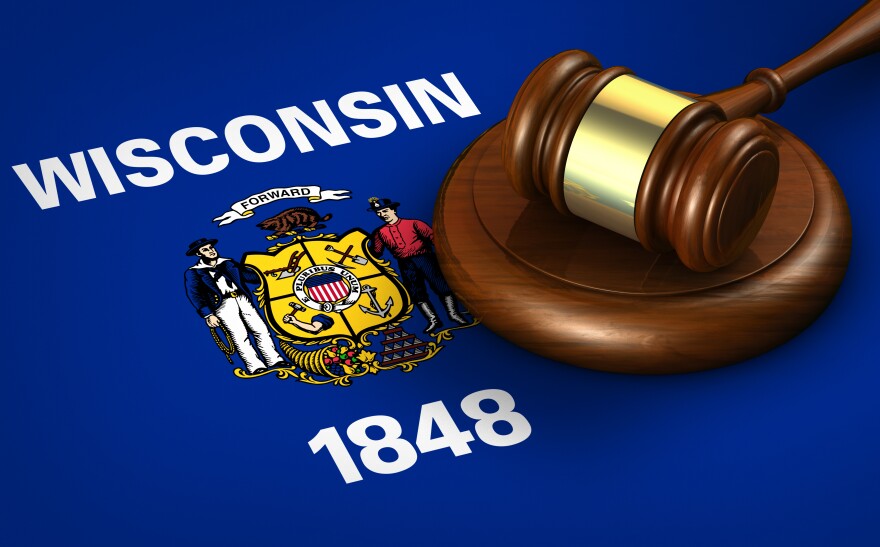Children as young as 10 years old are considered adults in Wisconsin if accused of certain violent crimes, which has a lot of implications on their health and well-being during and after the trial. Amanda Merkwae, the advocacy director of the ACLU of Wisconsin, explains the nuances of how children are handled and prosecuted in Wisconsin and the impact it can have on their lives.
Decades of neurological research has found children and young adults do not have a fully developed prefrontal cortex until age 25. This inhibits a child from fully grasping the complex components of a legal proceeding. As a former children's defense lawyer, Merkwae has seen firsthand how unequipped young children are to comprehend the gravity of a trial.
"When a 10-year-old is charged as an adult, they have no idea how this system works. They have no idea what the potential consequences are, what their legal rights are and just how the the process works," Merkwae explains.
The inability to understand these proceedings can become a significant liability for children when prosecuted as an adult. This includes surrendering Miranda rights. Under Wisconsin law, parents or guardians aren't required to be present when a minor speaks to police, and Merkwae says children are, by nature, deferential to adults, making it more difficult for them to exercise their rights.
She explains, "The Miranda warnings are written at a 10th grade reading level. In order to to waive those rights, it must be done knowingly, voluntarily, intelligently and with a full awareness of the right being abandoned and the consequences to abandon it. So, the notion that they understand this is ludicrous."
The process looks very different depending on whether a child is tried as an adult or in juvenile court. Children in juvenile court have access to a variety of resources including social workers, mental health professionals and rehabilitative programs meant to educate and socialize kids. Children tried in juvenile court also have their cases sealed, meaning much of the information surrounding these offenses can't be viewed by the public. When a child is tried as an adult, these resources and privileges are stripped from them.
Merkwae expounds, "But when a child is charged as an adult, there's no obligation on the county human service agency to provide those services. There isn't that agency [in adult court] that exists in the the juvenile court system for that very purpose of providing those those services."
_







